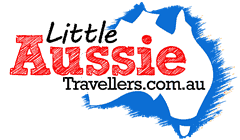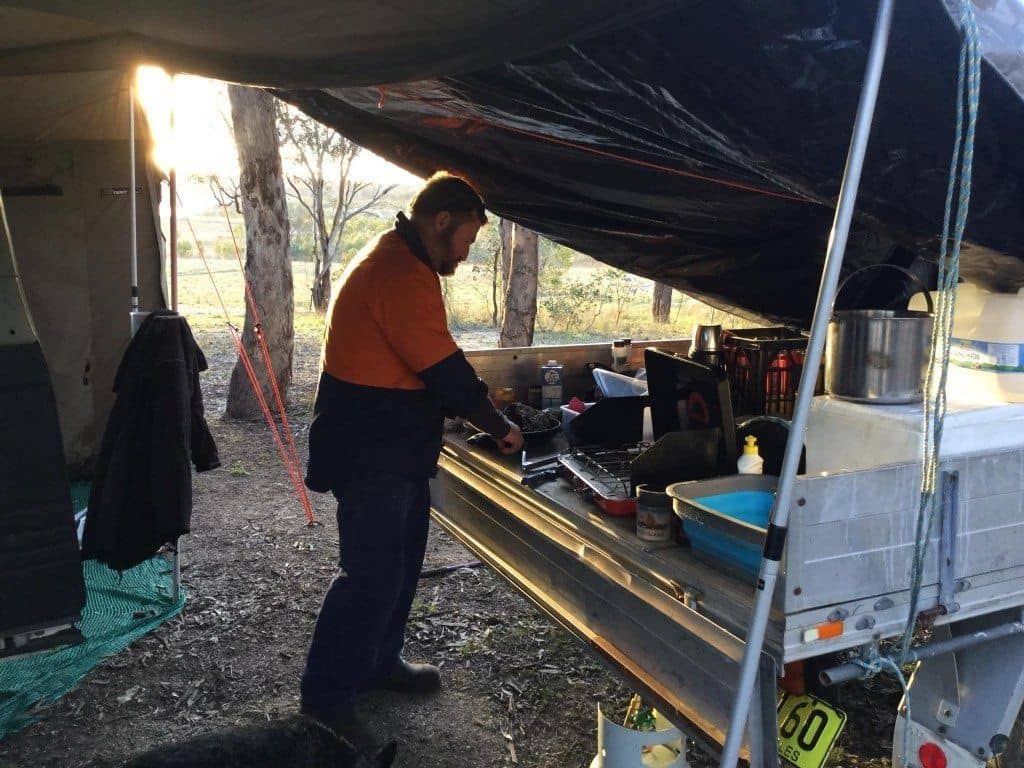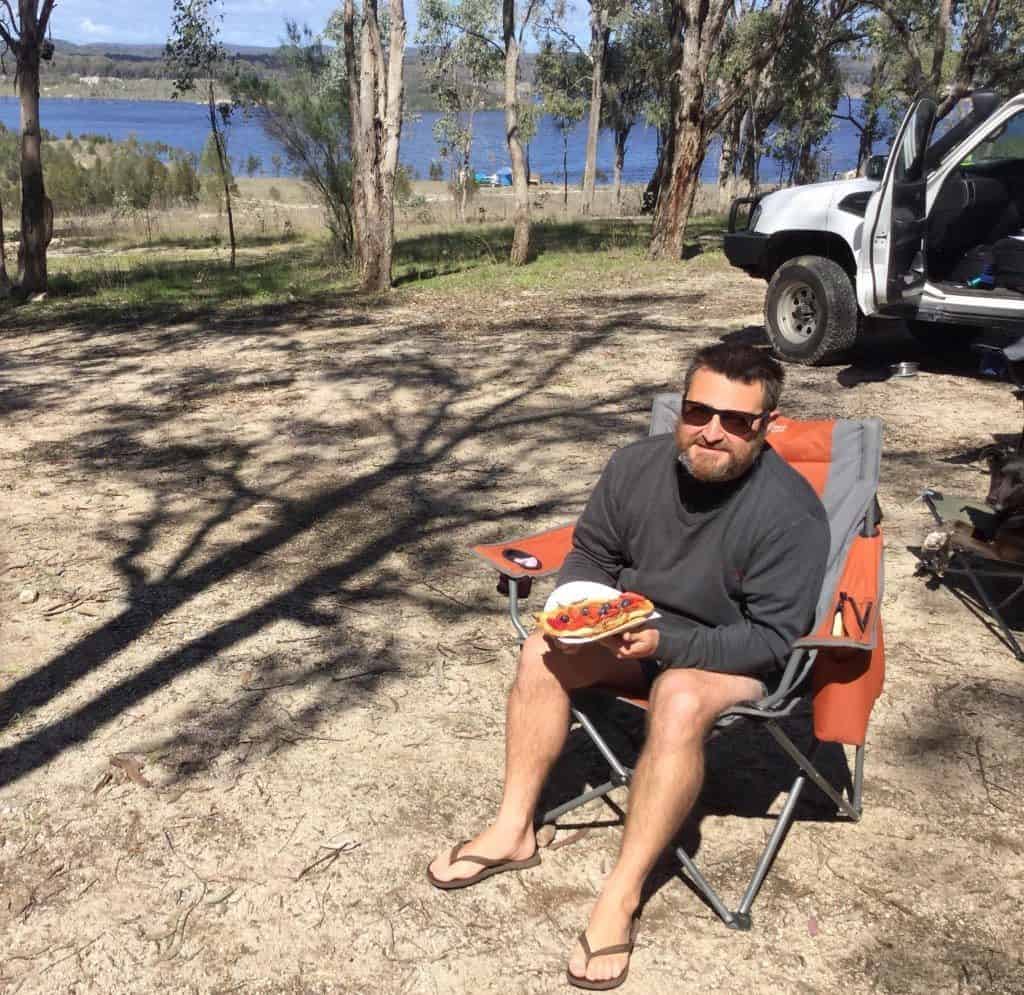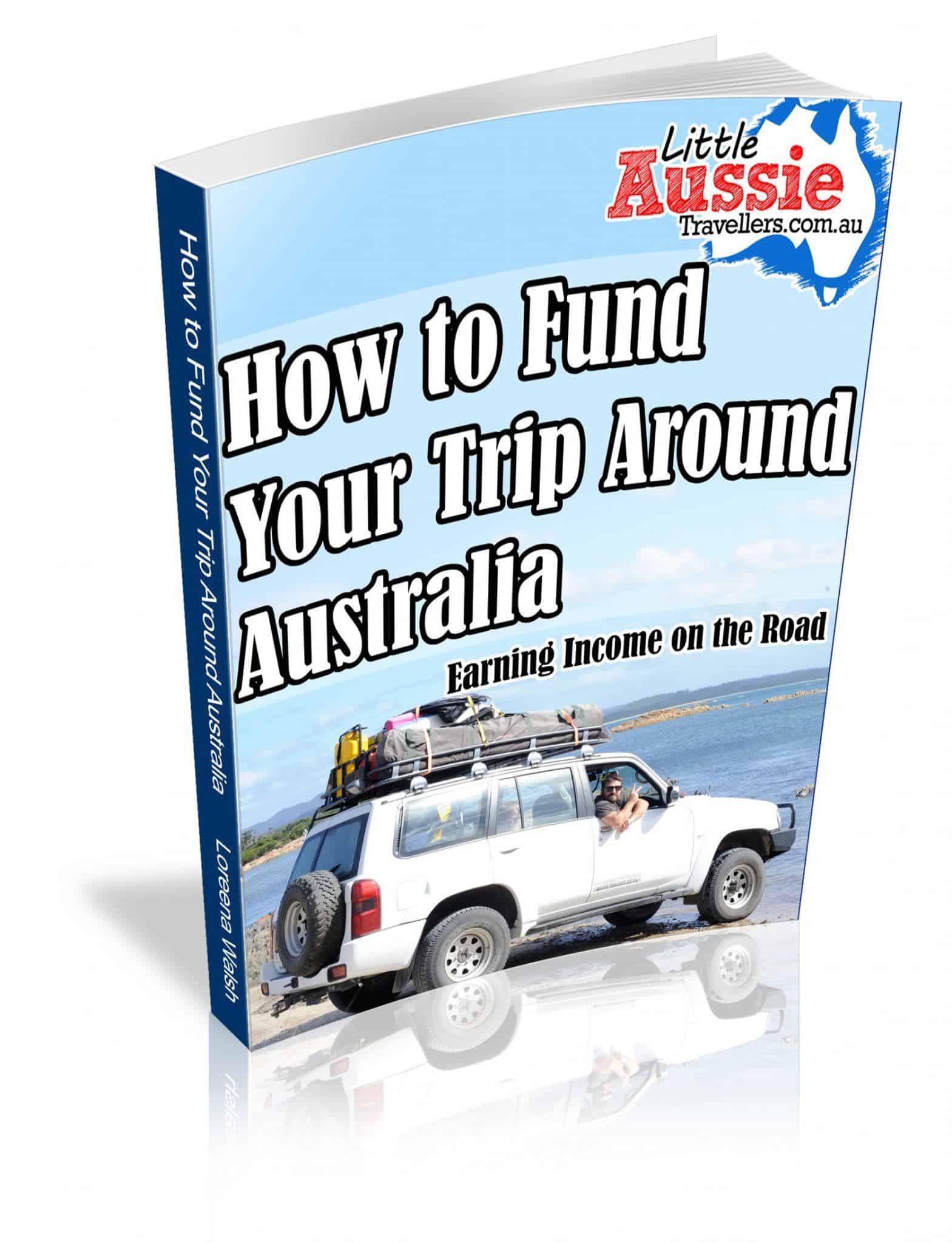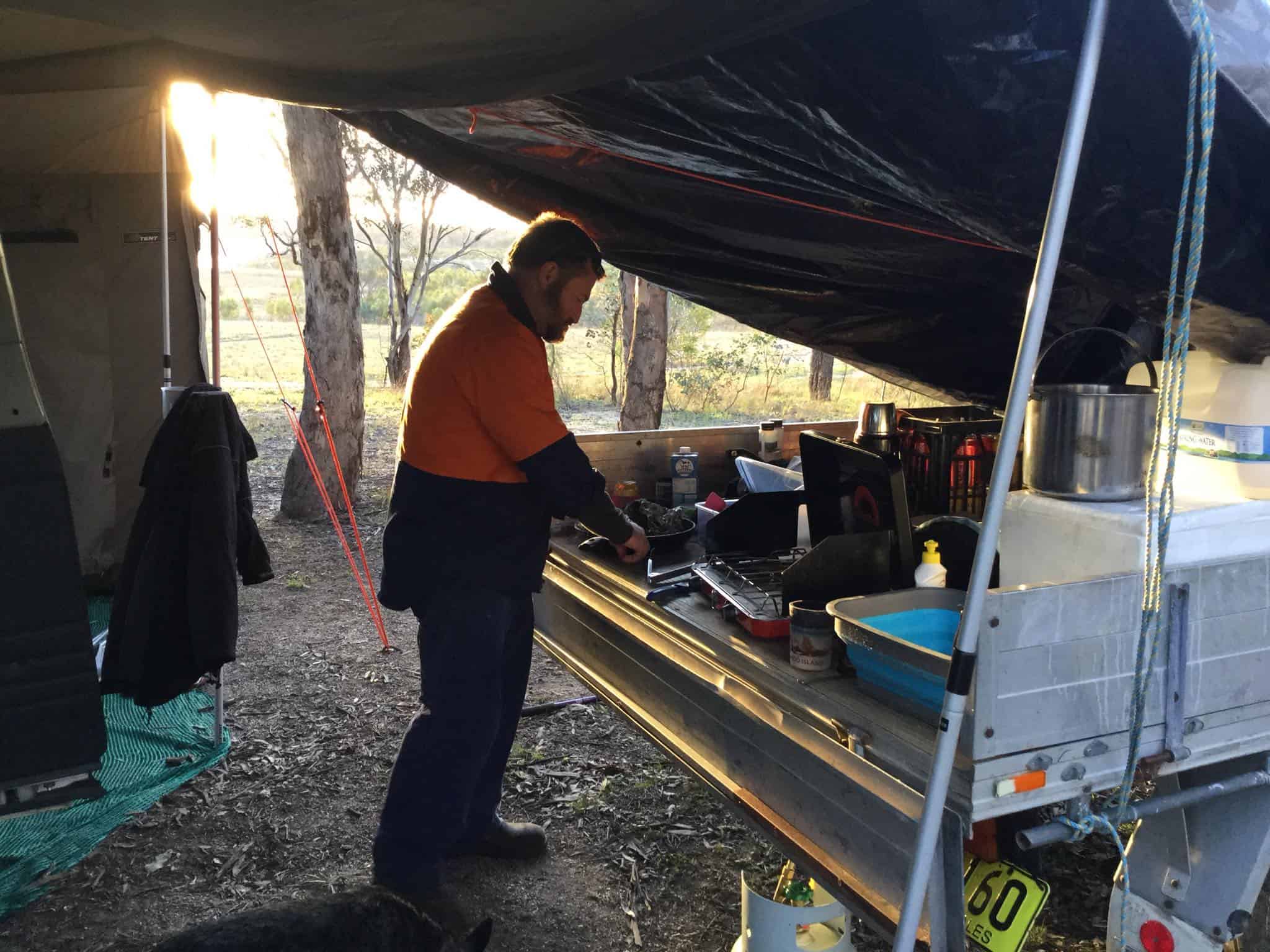
How Much Does it Cost to Travel Australia with Kids?
Financial questions like ‘How much does it cost to travel Australia?” are the most common topic we’re asked about from our community and readers, so we thought it might be useful to give some idea of what it could possibly cost you to do a lap around Oz.
Sadly, this question just like many others related to travelling is another “how long is a piece of string” question; one that is highly dependent on your own personal travel choices and desires. For that reason, I can’t tell you exactly how much it costs to travel Australia, but I can give some insight into the typical costs and expenses you’re likely to face on the road, and how some of your choices may help to stretch your budget or swallow it up with great speed.
The average cost we see thrown around tends to be $100 per day, lots of families spend more than this and lots spend less, it depends on your setup and how luxurious or frugal you’d like your travel to be.
If you haven’t started to plan your lap of Australia, then go here first for some insight.
The Biggest Expenses You’ll Face, Travelling Australia.
Your biggest expense on the road is usually one of three things:
- Fuel
- Accommodation
- Food
For Us The Biggest Expense When Travelling Australia Is Fuel.
That’s because our chosen travel vehicle for our trip was a Nissan Patrol. It’s a great four wheel drive and will get us almost anywhere and it has a very generous tow limit (one of the best on the market), the pay-off for this, is that it is a heavy vehicle, and it likes to drink A LOT of diesel. So, for us, I think at the moment we are getting about 700kms to our 110 litre dual tanks. This can vary on how much of the time we are towing, and the terrain we are towing in. Without towing, we get over 800kms to our dual tanks, and lately, it’s been costing around $140-$160 to fill up. Of course, if we’re in smaller towns or remote areas, diesel is going to cost us a lot more and the cost of filling both tanks is likely to head to $200+.
So, this means for us, if we want or need to move long distances quickly, we’re going to pay the price with a large fuel bill. We spread this large expense out by travelling relatively slowly, and shorter distances at a time.
Free Camping Keeps Accommodation Costs Down When Doing A Lap Of Aus.
We almost always free camp or budget camp. If we aren’t free camping, we’re budget camping. By budget camping we’re aiming for $20 per night or less. If you don’t like free camping or are not set-up to be self sufficient, then the reality is you’re accommodation expenses are going to be much larger than ours, especially if you’re aiming to stay in caravan parks.
For a family of five to stay in a caravan park, we generally would be looking at paying from $35 (this would be a very cheap park) right through to $120+ per night. It’s really difficult to afford long term travel if required to pay an average of $100 per night for a family.
There is nothing wrong with caravan parks just know this option costs more: Caravan parks have their place, we were always staying in caravan parks before we chose to do some long term travel. Caravan parks are the perfect place for families to stay on holiday. Caravan parks are a wonderful way to take an enjoyable break from the rigours of free camping and enjoy wonderful facilities. Some families are able to budget to stay in caravan parks as part of their journey. For us, we just couldn’t afford it.
There is often tension between long term travellers and caravan park owners. I wish it wasn’t the case, but it occurs because there’s often a lot of pressure forced upon councils in certain areas to close free camping areas so that people stay within caravan parks only. What generally happens in this case is that families and travellers either bypass the area all together or stay only a day or two and move on instead of staying longer and spending more money in town.
There needs to be a balance, and you need to make the choice that is affordable for your family. Setting yourself up to be able to free camp before you leave, will make your travels cheaper in the long run.
Keeping Food Costs Low When Travelling Australia With Kids
The trick to keeping food costs low when travelling Australia is planning! Planning your food and meals helps you to not only cut down on the expense of the food you buy; it also helps you to minimise any food wastage. There are several points to consider when it comes to food:
- Larger towns and centres will mean cheaper food bills, it’s a good idea to stock up on non-perishables when you’re in areas with access to cheaper food prices.
- Getting creative with staples will help keep your food bills down. Things like rice, pasta, coconut cream, tinned fish, tinned tomatoes and other tinned veggies, flour, sugar and salt will help you rustle up a great meal even when other ingredients aren’t readily available.
- Take advantage of regional produce. While not everywhere in Australia is a food producing region; many of the areas you visit will provide access to beautiful fresh produce directly from the farm gate. Tasmania has an abundance of boutique food providers and food growers and our food bill there was great – unless you’re in a remote area as I mentioned already, then we had to buy smart!
- Plan your meals and DON’T overcook! You’re not going to have the storage space you’re used to in a house, and you won’t have access to a giant fridge either; this means that storage space for leftover is limited! When you do have leftovers, be sure to eat them for the next meal or at the latest the next day, often caravan and camp fridges can struggle so it’s best to eat them quickly and do be sure to re-heat thoroughly.
- Don’t Eat OUT!! Eating from cafe’s or takeaway stores will eat into your travel budget! Pack your lunch, take healthy snacks and only drink water out of a drink bottle you carry with you. This alone will save you thousands of dollars that are better spent elsewhere!
Other Tricks For Saving Money When Travelling & Keeping Costs Down
Don’t go to every attraction you come across: If you saw a zoo or a wildlife centre in the last town, really think about whether you need to visit one at your current stop. Some attractions are well worth the extra expense, some however will be a bit repetitive. Usually you will find free or gold-coin donation entry at local museums and historical centres which will often be a whole lot more beneficial for learning and understanding the region.
Keep Gas Stocked Up in Larger City Centres: We got stuck paying over $40 for a gas bottle refill in a remote area because we just didn’t realise there would be such a big price difference. We could have filled it up for $25 only 50kms before! It was a mistake we didn’t make twice.
Visit Visitor Information Centres For Discounts: Not only do visitor information centres offer a wealth of local knowledge, you’ll also find visitor booklets on display and you’ll often be nicely surprised by the number of coupon vouchers on offer! Any saving is a saving that helps you travel further!
How Much Do You Spend Travelling Australia?
There are so many variables for the cost of travelling around the country that your experience may well differ from ours. Have you got any tips for our readers on how much it costs to travel or how to save money while on the road? We’d love to hear it, just leave a comment below.
